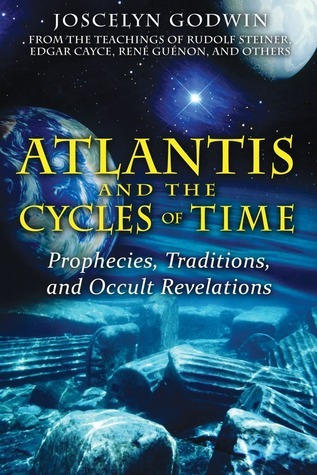What do you think?
Rate this book


448 pages, Paperback
First published November 18, 2010
Great book by Joscelyn Godwin, with his usual erudition. At times it is hard for him to disguise his admiration—in fact, the source of his interest—for all things esoteric; the more weird it is, the better he likes it.
It is staggering, though, how short the chapters on Guénon and Gurdjieff are, especially in light of the fact that (1) Godwin is a decan of the Perennialist world (Guénon is not a Perennialist, but a Traditionalist; however, Perennialism and Traditionalism in the English-speaking world are almost synonyms, as Godwin himself clarified once) and (2) that after the chapter on Guénon and Gurdjieff we have pages upon pages of New Age Atlantists who barely make an appearance, if they appear at all, in the two regrettably short chapters on the theories of the cycles of times.
Still, a very good read. Of all weirdos out there, Joscelyn Godwin is the most level-headed; maybe, because of that, he is the most interesting.